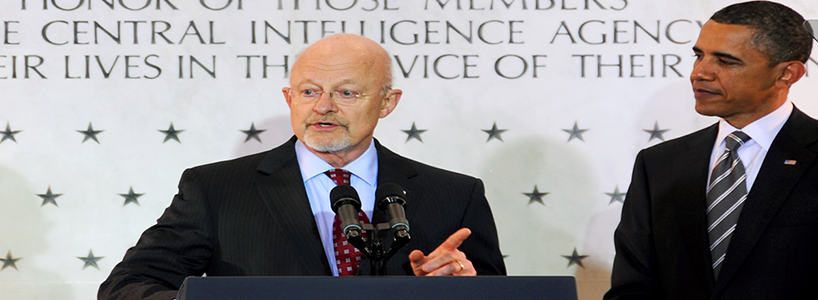The cynic in me would suppose that the very last thing the intelligence committee (IC) wants is some sort of executive oversight board. They already have the House Permanent Select Committee on Intelligence and the Senate’s Intelligence Committee breathing down their neck. So, when the IC petitions Congress to dial back language in an intelligence authorization bill because it may hamstring the Privacy and Civil Liberties Oversight Board’s (PCLOB) oversight role, then you either applaud or wonder, or both.
THE PCLOB IN BRIEF
The Privacy and Civil Liberties Oversight Board is a relatively new effort on the part of Congress and in response to the Implementing Recommendations of the 9/11 Commission Report of 2007 to curb the IC’s post-9/11 overreach when it comes to spying on Americans. The purpose of the PCLOB—an independent agency in the executive branch that’s composed of only one permanent member and four rotating members—is twofold and pretty direct. First, the Board is to ensure the Executive Branch’s security measures are balanced with Americans’ right to privacy and other civil liberties. Second, the board is to ensure that our civil liberties are considered (which may not mean too much) when new laws, policies, or regulations meant to protect the country from terrorism are devised.
For an example of the PCLOB’s most significant work, take a look at the Board’s January 23, 2014 report in the wake of the Edward Snowden leaks about the NSA’s mass surveillance. In that report, the Board’s first recommendation was that the NSA “should end its Section 215 bulk telephone records program.” I suspect that was a punch in the gut for the NSA. Congress certainly saw it that way. According to Reuters, since that January 2014 report, “[s]ome members of Congress have increasingly attempted to restrict PCLOB . . . .” That may be why Congress has left the PCLOB’s chair vacant since July.
UNLEASH THE WATCHDOG
The intelligence community, however, apparently appreciates the reach of the PCLOB’s oversight. Congress’s proposed legislation, in part, would limit the PCLOB’s authority, deliberations, and recommendations to only consider issues of civil liberties of Americans. The IC has come to PCLOB’s defense. “The U.S. intelligence community does not support pending congressional legislation,” writes Dustin Volz, “that would curtail the authority of a privacy watchdog that advises the president on government surveillance programs, according to an unclassified memo . . . .”
As Volz sees it, Director of National Intelligence James Clapper’s letter to Congress is a “rare show of support” from the IC’s watchdog. According to Volz, Clapper’s letter indicates that White House advisers would recommend a veto of the entire intelligence authorization bill if Congress does not address the IC’s concerns.
Certainly, the IC as represented by DNI Clapper may really have “global privacy interests” at heart in the petition to Congress. Surely, there’s some truth to that. More likely, however, the IC appreciates the PCLOB as friendlier, more objective oversight than the likes of the ACLU. Further, if the PCLOB should overstep, the IC has some leverage: credibility. If the IC vocally objects to future PCLOB findings, the IC can point to its very public support of the PCLOB’s charter.
And there’s always Congress chomping at the bits to reign in the Board when the time is right.




